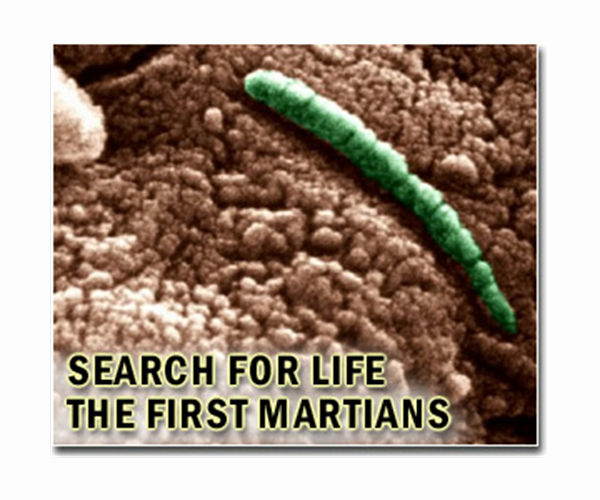A step closer to Martian survival as lichens endure harsh red planet conditions
by Robert Schreiber
Berlin, Germany (SPX) Apr 02, 2025
For the first time, scientists have confirmed that certain species of lichen can remain metabolically active while exposed to simulated Martian conditions, including levels of ionizing radiation equivalent to those expected during intense solar activity on Mars.
The findings, published in the open-access journal IMA Fungus, point to the extraordinary resilience of lichens and their potential role in future astrobiology missions. This research offers fresh evidence that some forms of life could persist in the extreme environment of the Martian surface.
Lichens are unique symbiotic systems combining fungi and algae or cyanobacteria. They are renowned for thriving in some of Earth’s most inhospitable places, including arid deserts and frigid polar zones. In this study, researchers tested the metabolic activity of the fungal component within two lichen species under Mars-like conditions.
The two test subjects, Diploschistes muscorum and Cetraria aculeata, were selected for their contrasting physiological characteristics. Both were exposed for five hours to simulated Martian surface parameters, including low pressure, a CO2-rich atmosphere, temperature variation, and high doses of X-ray radiation simulating a year’s exposure during periods of strong solar radiation.
The experiments revealed that D. muscorum, in particular, maintained metabolic functions and activated biological defense responses despite the stressors. The ability of this species to persist under intense radiation and near-Mars environmental extremes challenges the long-held belief that ionizing radiation renders the Martian surface biologically inert.
Lead researcher Kaja Skubala explained: “Our study is the first to demonstrate that the metabolism of the fungal partner in lichen symbiosis remained active while being in an environment resembling the surface of Mars. We found that Diploschistes muscorum was able to carry out metabolic processes and activate defense mechanisms effectively.
“These findings expand our understanding of biological processes under simulated Martian conditions and reveal how hydrated organisms respond to ionizing radiation – one of the most critical challenges for survival and habitability on Mars. Ultimately, this research deepens our knowledge of lichen adaptation and their potential for colonizing extraterrestrial environments.”
The study’s authors advocate for extended investigations into how lichens cope with chronic radiation over longer timescales. They also emphasize the importance of conducting future experiments under actual Martian conditions to validate the survival potential of these symbiotic life forms.
Research Report:Ionizing radiation resilience: how metabolically active lichens endure exposure to the simulated Mars atmosphere
Related Links
Jagiellonian University
Mars News and Information at MarsDaily.com
Lunar Dreams and more

